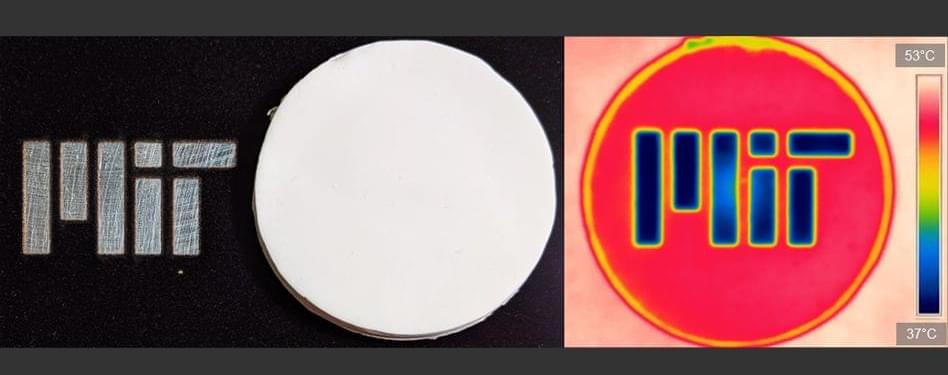The new system is described today in a paper in the journal Science Advances, by MIT graduate student Arny Leroy, professor of mechanical engineering and department head Evelyn Wang, and seven others at MIT and at the Pontifical Catholic University of Chile.
Such a system could be used, for example, as a way to keep vegetables and fruit from spoiling, potentially doubling the time the produce could remain fresh, in remote places where reliable power for refrigeration is not available, Leroy explains.
2022 story:
https://news.mit.edu/2022/passive-cooling-off-grid-0920
Imagine a device that can sit outside under blazing sunlight on a clear day, and without using any power cool things down by more than 23 degrees Fahrenheit (13 degrees Celsius). It almost sounds like magic, but a new system designed by researchers at MIT and in Chile can do exactly that.
The device, which has no moving parts, works by a process called radiative cooling. It blocks incoming sunlight to keep from heating it up, and at the same time efficiently radiates infrared light — which is essentially heat — that passes straight out into the sky and into space, cooling the device significantly below the ambient air temperature.
The key to the functioning of this simple, inexpensive system is a special kind of insulation, made of a polyethylene foam called an aerogel. This lightweight material, which looks and feels a bit like marshmallow, blocks and reflects the visible rays of sunlight so that they don’t penetrate through it. But it’s highly transparent to the infrared rays that carry heat, allowing them to pass freely outward.
